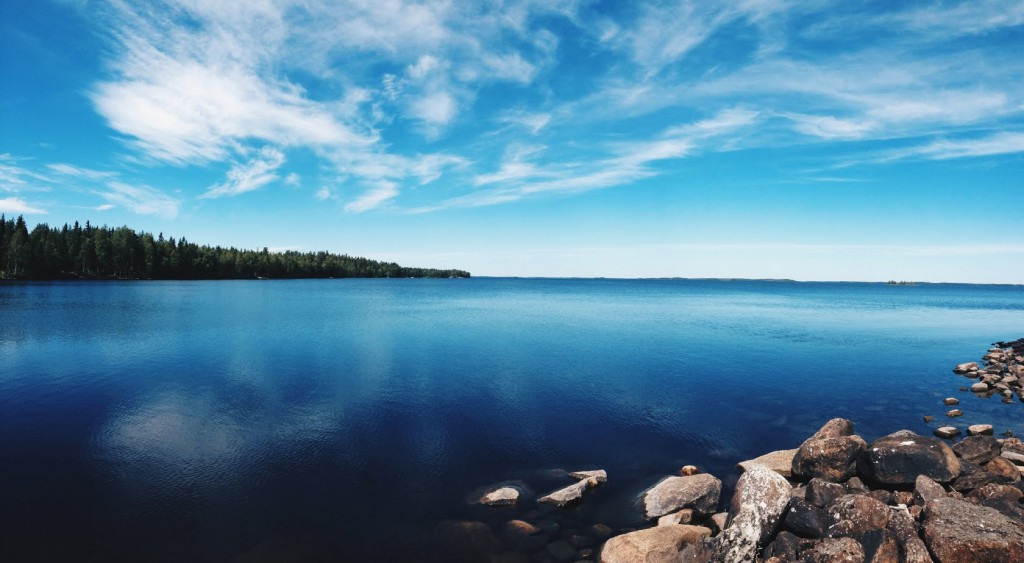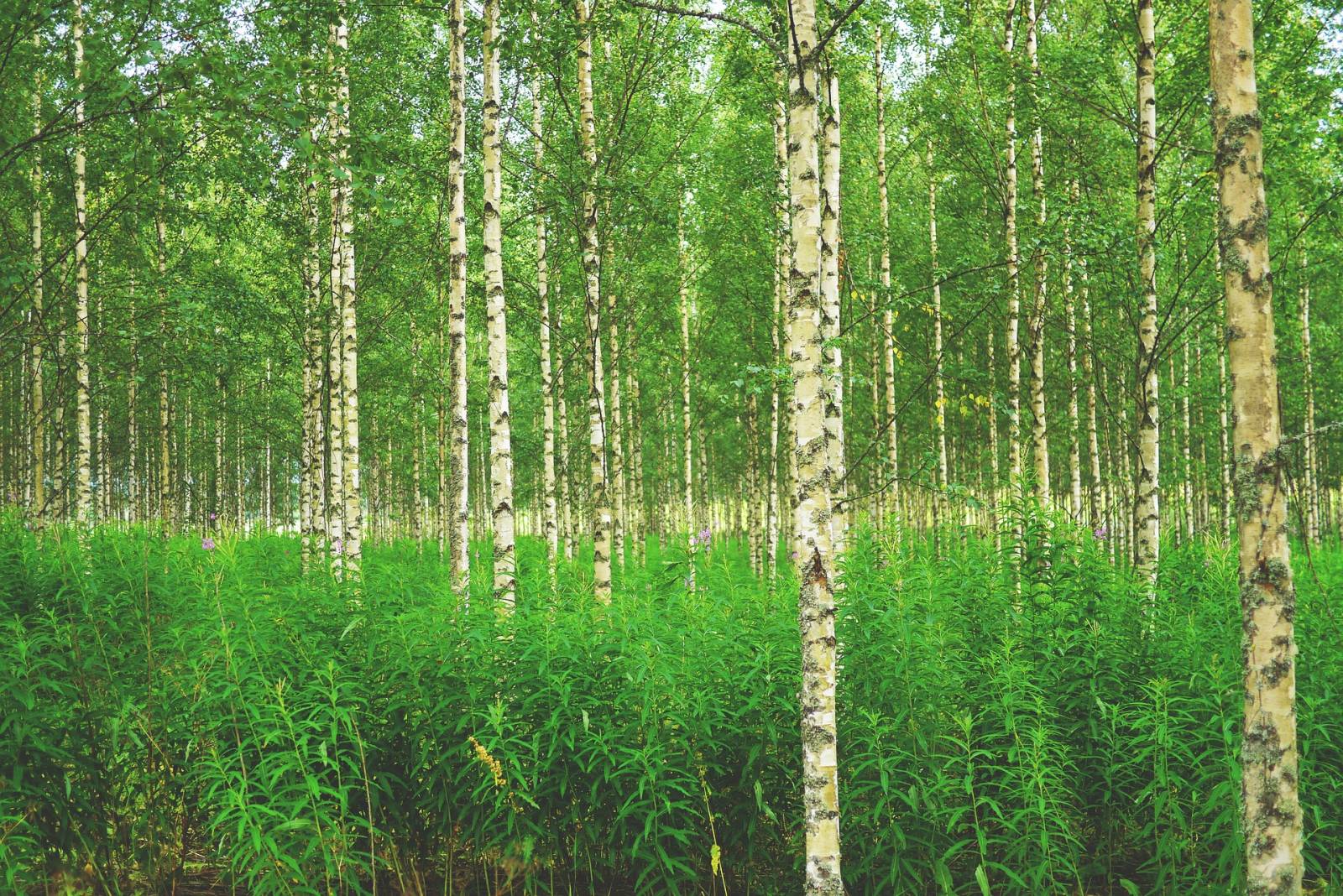Some of the nationals’ favourite activities are walking among the spruce, pine, and birch trees, picking berries and mushrooms, and skiing, etc., so nature is part of their daily lives. Given its importance, they spare no effort to keep their nature as pure as possible. To give an example, the country has 23 million hectares of forests, and approximately 90% are certified as sustainable. Their forests are cared for, are productive, generate jobs, and are managed in a respectful and controlled way that guarantees their biodiversity conservation.
In addition, nature is a source of economic resources for Finland, as forestry and fisheries are important for the country’s economy. Therefore, the protection and conservation of nature is essential to ensure the sustainability of these resources.
Nature is of great importance to Finns both for its cultural and economic value, and they strive to preserve and protect it for future generations.

Culture is a very important pillar of Finnish society, characterised by its diversity and variety. It is deeply influenced by the natural environment, traditional culture, recent history, and globalisation. This mix of cultural heritage is reflected in music, art, literature, design, architecture, sports, and the media scene. Finns place a high value on education and respect for individual freedom.
Traditional folk music, classical and contemporary art music, and contemporary popular music are important elements of the national culture. Finnish literature has a long history and a wide variety of writers, and the architecture combines traditional and modern styles. Popular sports include ice hockey, football, swimming, athletics, skiing, and basketball.
Finnish culture also includes a wide variety of festivals, celebrations, and a very active social and cultural life.

Having exposed these two issues, it is possible to identify characteristics that can generate an identity of their own and reinforce the quality or characteristic of the meaning of Finnishness.





Comments